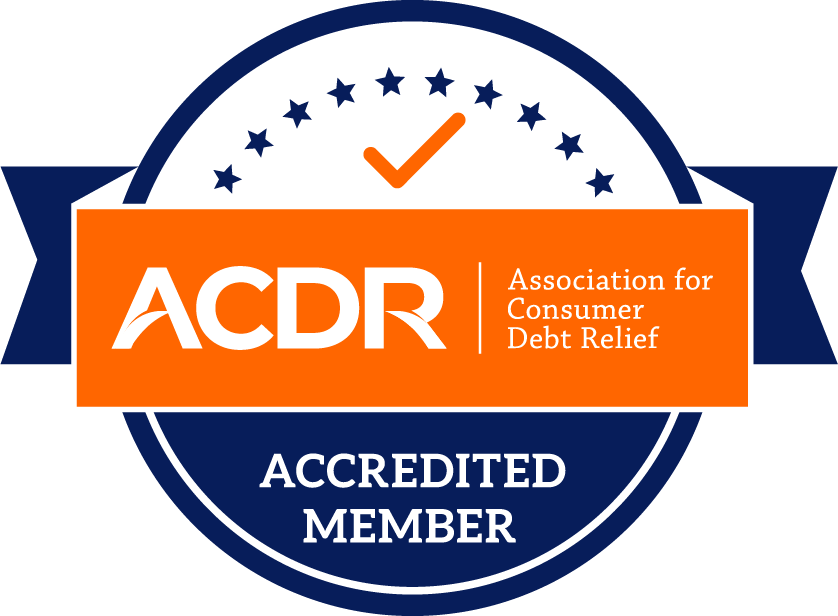
Laws Related to Debt Settlement That You Should Know About
Getting out of debt is not always easy. Aside from picking the right strategy that suits your financial situation, you also have to know what debt settlement companies expect and the legalities behind the situation. The best way to really fix your situation is to establish a basis of accurate information. If you know the most important United States debt settlement laws, you can avoid going into further debt, being taken advantage of by creditors, and even avoid legal trouble.
Fair Debt Collection Practices Act
The government wants to do its fair share in protecting consumers from unlawful debt collection actions, which is why they developed the Fair Debt Collections Practices Act (FDCPA) so companies cannot harass people over debt. Through this mandate, collection agencies are required to tell you who they are and what amount they are seeking to collect on behalf of what lender. From that point forward, you are essentially in charge of any and all communication with this collections agency.
According to the FDCPA debt settlement laws, not only is the collections agency not allowed to call outside normal business hours — around 9 a.m. to 5 p.m. — but you can also tell them what numbers and people they can and cannot call, as well as if you want them to cease calls to you altogether. At that point, they are only able to send notices by mail about any further actions they plan to take. If the agency continues to break these agreements and harasses you, you can file a complaint with the Federal Trade Commission and they will handle the situation from there.
Final Rule for Debt Relief Companies
Businesses like Liberty Debt Relief also have laws they must abide by so you can work with only the most trusted consultants available. In fact, the Federal Trade Commission issued the Final Rule for Debt Relief Companies, which states that is illegal for a company to demand upfront payment before your debt services are complete, all information about the services must be provided upfront before the services begin, and a company absolutely cannot produce any false advertising about their services.
Essentially, this regulation makes sure that you do not go into further debt by seeking help from an unaccredited company. Getting out of debt is entirely in your hands, as it should be. The main thing to remember when working with a third party is that their job is to help you negotiate debts and follow your lead, and anything that feels otherwise could be risky. Luckily, there are accredited debt settlement businesses available, including Liberty Debt Relief, that have a proven track record, a trustworthy reputation, and dedicated service.
State Regulations
Debt settlement laws are not only created by the federal government; states have their own regulations around the topic as well. While the specifics of each state are different, just about each one has a common establishment to protect consumers from debt relief scams. Some prohibit for-profit debt relief companies from doing business altogether, as well. The states that do allow these companies to do business often regulate how much the companies can charge consumers for their services, the contract procedure, and how these companies manage consumer and business finances.
Additionally, every state has an attorney general that maintains a database of unaccredited or questionable companies. When researching companies to work with, you can always check their status with your state’s attorney general office to find out if they have any information about that business’ practices. The Better Business Bureau also has a list of all businesses so you can see reviews, ratings, and other information about debt relief businesses and debt collection agencies before you get in contact with them.
If You Realize a Company Has Violated Regulations
Regardless of what your particular financial situation entails, you never have to succumb to harassment or scams. Just like with many other areas of the law, if you see something, the best way to handle it is to say something. Whether you are dealing with an unaccredited debt settlement company or a collections agency that is not following federal guidelines, you can report their practices and possibly sue for damages. When you are on the quest for debt relief, the last thing you need to worry about is faulty practices by companies that you are seeking help from.
If you do decide to report a business, contact your state’s attorney general’s office as well as the Federal Trade Commission and the Better Business Bureau. Procedures for doing so are on their websites, and you should be able to get in contact with someone quickly who can point you in the right direction of what to do following your report.
Work with a Trusted Company
If you are ready to start working toward getting out of debt, Liberty Debt Relief is a trusted company with a reputation for working with consumers to secure their financial future as quickly and easily as possible. With Liberty, a certified debt relief consultant with years of experience will work with you to ensure you get exactly what you want and need. Contact us today to get started and never pay an upfront fee!







